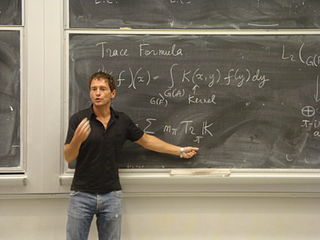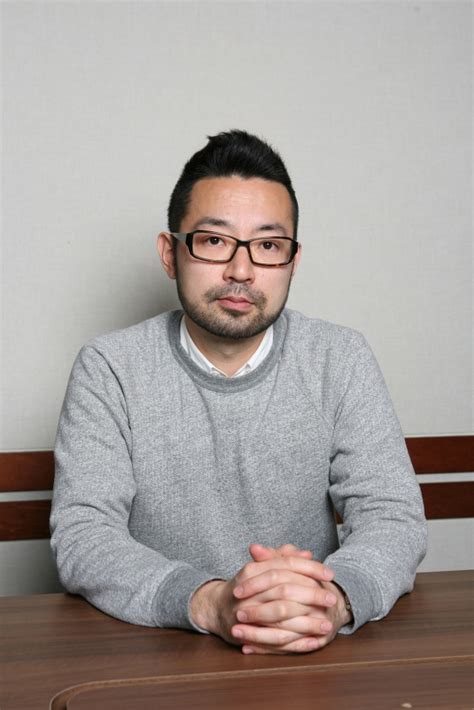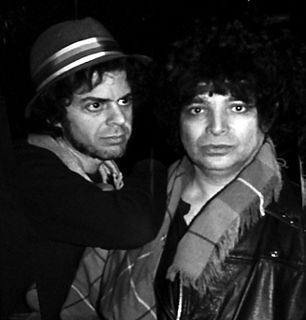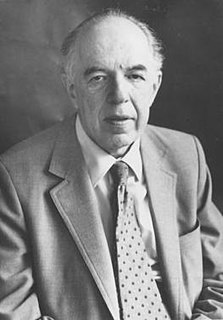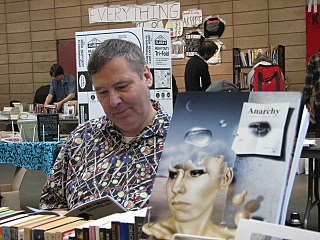A Quote by Robert Barry
I'm getting more and more into Chinese art and Japanese, some of those scroll paintings are amazing. You follow the change of the seasons. It's really something. These guys were great masters and of course the use of space.
Related Quotes
What if at school you had to take an 'art class' in which you were only taught how to paint a fence? What if you were never shown the paintings of Leonardo da Vinci and Picasso? Would that make you appreciate art? Would you want to learn more about it? I doubt it..........but this is how math is taught and so in the eyes of most of us it becomes the equivalent of watching paint dry. While the paintings of the great masters are readily available, the math of the great masters is locked away.
John Akers once said that changing IBM's culture was more difficult than getting elephants to dance. Of course it's really difficult, as Lou Gerstner also found out years later. The title of his own book is Who Says Elephants Can't Dance? He and his top executives were change masters at IBM. All organizations, especially the larger ones, will always need change masters. Dissatisfaction with the status quo and efforts to improve it should be encouraged rather than discouraged. Regrettably, that is often not the case.
If we were built, what were we built for? ... Why do we have this amazing collection of sinews, senses, and sensibilities? Were we really designed in order to recline on the couch, extending our wrists perpendicular to the floor so we can flick through the television's offerings? Were we really designed in order to shop some more so the economy can grow some more? Or were we designed to experience the great epiphanies that come from contact with each other and with the natural world?
Better use of space, improving the insulation, getting more daylight into the buildings, reducing the energy consumption of the air conditioning and heating systems, making sure that the internal air quality is good, that we have increased natural ventilation opportunities in the mid seasons. You know these are some of the things we can do.
Everybody is different. Some writers can write reams of great books and then J. D. Salinger wrote just a few. Beethoven wrote nine symphonies. They were all phenomenal. Mozart wrote some 40 symphonies, and they were all phenomenal. That doesn't mean Beethoven was a lesser writer, it's just some guys are capable of more productivity, some guys take more time.
On the mission I brought a flag from China, I brought the stone sculpture from Hong Kong, and I brought a scroll from Taiwan. And what I wanted to do is, because as I was going up and I am this Chinese-American, I wanted to represent Chinese people from the major population centers around the world where there are a lot of Chinese people. And so, I wanted to bring something from each of those places and so it really wasn't a political thing and I hope people saw it that way. I was born here, I was raised in the U.S., and I'm an American first, but also very proud of my heritage.
Sam was starting to feel anxious. Nutella and noodles were fine. Great in fact. Miraculous. But he'd been hoping for more food more water more medicine something. It was absurdly like Christmas morning when he was little: hoping for something he couldn't even put a name to. A game changer. Something...amazing.
Some people giving orders and others obeying them: this is the essence of servitude. Of course, as Hospers smugly observes, "one can at least change jobs," but you can't avoid having a job - just as under statism one can at least change nationalities but you can't avoid subjection to one nation-state or another. But freedom means more than the right to change masters.
Traditional Chinese art looked at the Earth from a Confucian mountain top; Japanese art looked closely around screens; Italian Renaissance art surveyed conquered nature through the window or door-frame of a palace. For the Cro-Magnons, space is a metaphysical arena of continually intermittent appearances and disappearances.
I mean drafting is a hard process because you're picking between 23-year-olds sometimes and 19-year-olds that have great upside, and some guys that are just great character but have limited physical skills, and some guys that have amazing upside and that are a little more immature, and everywhere in between.

